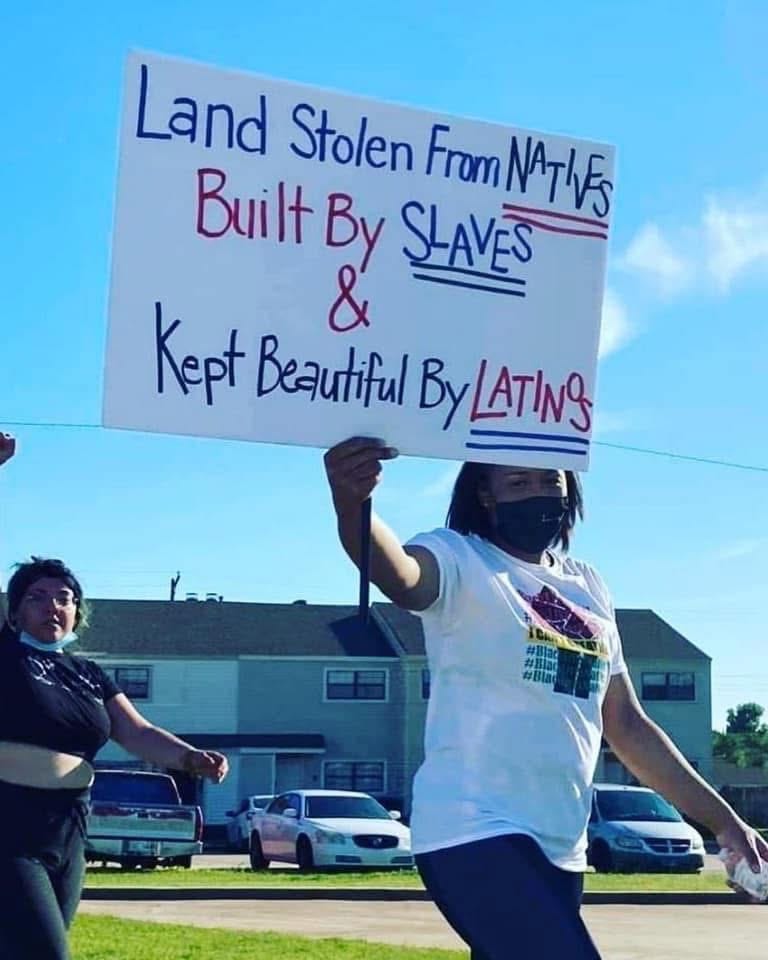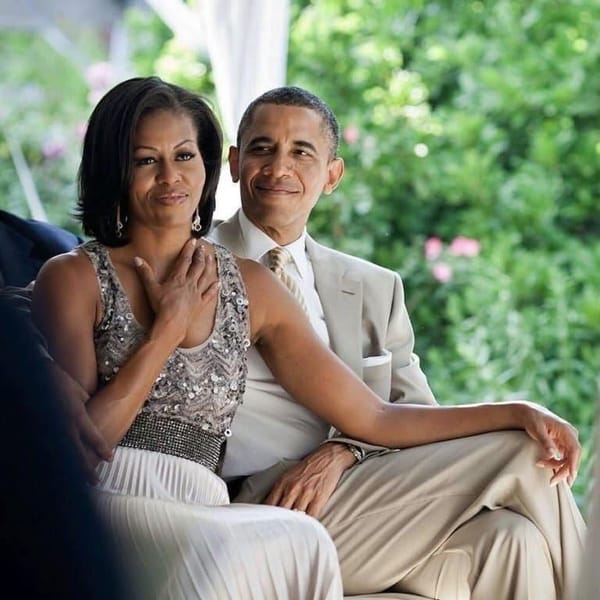And Then Everything Was Fine…

A Newsletter for the Willfully Forgetful and the Conveniently Patriotic
Let’s take a moment today to honor the Great American Myth—one that’s repeated at barbecues, parades, and on certain cable news networks with suspiciously white rosters:
“Slavery ended in 1865. And that was that. Everyone was free. America is awesome.”
Cue the fireworks and Uncle Sam-themed beer cozies. Because nothing says “land of the free” like pretending 400 years of oppression was magically cured by one constitutional amendment and a couple of heartfelt handshakes.
Let’s Rewind for the People in the Back
Yes, slavery ended in 1865 with the 13th Amendment. Except—plot twist—it didn’t quite end so much as it rebranded. The amendment itself included a tidy little loophole:
“…except as a punishment for crime whereof the party shall have been duly convicted…”
Ah yes, the prison-industrial complex says hello from the future.
Black Americans went from being enslaved to being criminalized—en masse. Vagrancy laws and convict leasing were quickly put in place to ensure the South didn’t lose its free labor force. So, slavery ended. But then came…
Jim Crow – White Supremacy with a Dress Code
From the 1870s to the 1960s, the South—and many places in the North wearing a smug disguise—enforced racial apartheid with the full blessing of state and local governments. These were not rogue policies. These were laws:
- Where to eat
- Where to sit
- Where to learn
- Where to die
You want to talk about systemic? This wasn’t just the “culture.” This was infrastructure. With signs. And sheriffs. And senators.
Redlining – The Quiet Economic Lynch Mob
By the 1930s, the federal government got in on the action with the Home Owners’ Loan Corporation, drawing red lines around “undesirable” neighborhoods (read: Black ones). If you lived inside the lines, you could forget getting a mortgage, insurance, or any shot at generational wealth.
In fact, the biggest driver of wealth in white families today—homeownership—was systematically denied to Black Americans by design. Not by accident. Not by oversight. By law and by bank policy.
It wasn’t until 1968 (let that sink in) that the Fair Housing Act even attempted to clean up the mess. But by then, trillions of dollars in equity had already been distributed—just not to Black Americans.
The Tuskegee Experiment – The Government as Predator
From 1932 to 1972, the U.S. Public Health Service told 600 Black men they were being treated for “bad blood.” What they were really doing was studying untreated syphilis.
The men were not informed. They were denied treatment even after penicillin became widely available. They were observed until they went blind, went mad, or died.
This wasn’t a fringe operation. This was federal health policy.
And Yet People Still Say: “But That Was in the Past!”
Yes, it was. And so is slavery. And the Holocaust. And Japanese internment camps.
But we still teach those. We still remember those.
What we don’t do is pretend they ended the day they were outlawed, as if trauma and generational dispossession can be legislated out of existence like a parking ticket.
The lie that America “fixed it” with the Emancipation Proclamation or the Civil Rights Act is not only lazy—it’s dangerous. It allows people to act baffled by modern racial inequality, as if it fell from the sky and not from policy.
Points to Ponder (and Post on Facebook if You’re Feeling Brave)
- If everything was “equal” after slavery, why did we need the Civil Rights Act… 100 years later?
- If redlining is over, why are Black homeownership and wealth still so far behind?
- If America is so “post-racial,” why do some people still panic at the words equity, reparations, or Black Lives Matter?
Final Thought
History doesn’t erase itself because you don’t like the ending.
Saying “slavery ended” is not the same as saying injustice ended.
And frankly, this country can’t move forward until it’s willing to sit uncomfortably in the truth—for as long as it takes.
Because until we do, we’re not united. We’re just in denial.
And denial, dear friends, is not a foundation you can build justice on.
Julie Bolejack, MBA



